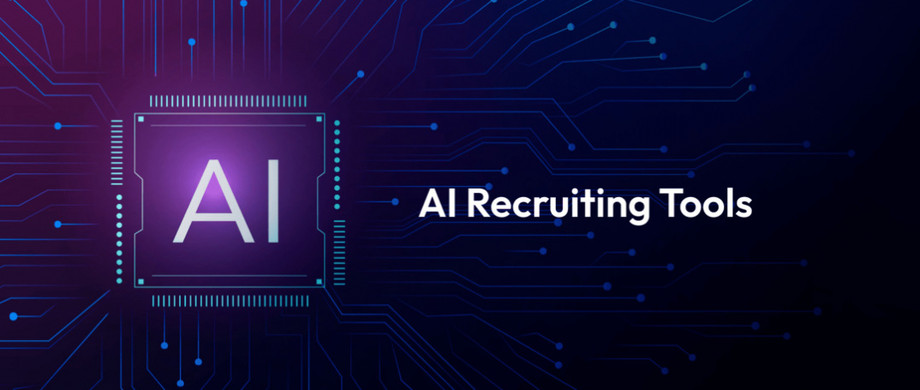The Need for Smarter Hiring
In today’s competitive business environment, finding the right talent quickly and efficiently is a top priority for organizations. Traditional recruitment methods, while still valuable, often involve time-consuming manual processes, inconsistent evaluations, and potential biases. The solution lies in adopting a data-driven AI recruiting framework that streamlines hiring while improving quality and consistency. By leveraging AI, companies can enhance every stage of recruitment—from sourcing candidates to making final hiring decisions—ensuring smarter, faster, and more effective hiring.
Understanding AI Recruiting Frameworks
An AI recruiting framework integrates artificial intelligence tools and algorithms into the recruitment process to automate repetitive tasks, improve candidate matching, and provide actionable insights. It involves combining data analysis, machine learning, and predictive analytics to make hiring decisions more objective, efficient, and precise. Unlike traditional methods that rely heavily on human intuition, AI frameworks analyze vast amounts of data to identify patterns, predict outcomes, and prioritize candidates who are most likely to succeed.
Key Components of an AI Recruiting Framework
A comprehensive AI recruiting framework typically includes candidate sourcing, resume screening, skill assessment, and predictive analytics. Candidate sourcing uses AI to scan job boards, social media, and professional networks to identify top talent. Resume screening algorithms quickly evaluate experience, skills, and qualifications, ranking candidates based on job fit. Skill assessments powered by AI provide objective measures of technical and soft skills. Predictive analytics then forecast candidate performance, retention likelihood, and cultural fit, helping hiring managers make informed decisions.
Benefits for Employers
Implementing an AI recruiting framework provides several advantages for organizations. It accelerates the hiring process by reducing manual tasks and efficiently shortlisting qualified candidates. AI minimizes human bias by objectively evaluating applicants based on skills and competencies rather than personal attributes. The framework also improves the quality of hires, as predictive analytics match candidates not only to the job description but also to company culture and long-term growth potential. Additionally, AI provides actionable insights into workforce trends, skill gaps, and market availability, enabling proactive talent planning.
Enhancing Candidate Experience
AI recruiting frameworks improve the experience for candidates as well. Automated communication, personalized job recommendations, and timely feedback keep applicants engaged throughout the process. AI-driven tools also help candidates identify skill gaps and suggest relevant opportunities for career growth. By reducing the waiting time and making the process transparent, companies can foster a positive impression, attracting top talent and improving employer branding.
Driving Efficiency and Accuracy
One of the greatest strengths of an AI recruiting framework is its ability to handle large volumes of data quickly and accurately. Manual screening of hundreds or thousands of resumes is not only time-consuming but also prone to error. AI algorithms evaluate applications consistently, ensuring that no qualified candidate is overlooked. The framework also continuously learns from hiring outcomes, improving recommendations and predictive accuracy over time.
Integrating AI With Human Judgment
While AI significantly enhances recruitment, human oversight remains essential. Recruiters provide the empathy, judgment, and contextual understanding that machines cannot replicate. The most effective approach combines AI insights with human decision-making. AI handles the analytical workload, ranks candidates, and predicts outcomes, while recruiters focus on interviews, cultural fit, and final assessments. This synergy results in faster, smarter, and more reliable hiring.
The Future of AI-Driven Hiring
The future of recruitment is increasingly data-driven. AI recruiting frameworks will continue to evolve, incorporating advanced analytics, natural language processing, and predictive modeling. Future systems will not only match candidates to current roles but also forecast career growth, recommend learning paths, and anticipate workforce needs. Organizations that adopt AI-driven frameworks will gain a strategic advantage by hiring the right talent faster, reducing turnover, and building more capable teams.
Conclusion
An AI recruiting framework revolutionizes hiring by combining speed, precision, and data-driven insights. It streamlines recruitment, reduces bias, enhances candidate experience, and improves overall hiring quality. By integrating AI with human expertise, organizations can build smarter, faster, and more effective hiring processes. The adoption of AI-driven recruitment is no longer optional—it is a strategic imperative for companies that want to compete in a dynamic talent landscape while ensuring optimal workforce outcomes.

